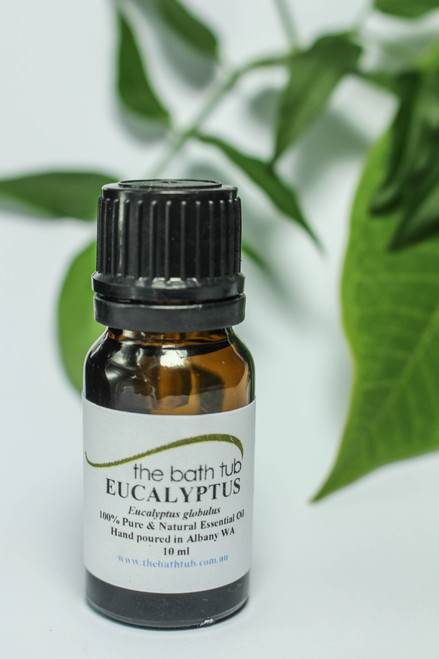Product Overview
Sage Essential Oil
100% Pure & Natural
Botanical Name: Salvia officinalis
Country of Origin: Spain
Part of Plant Used: Leaves
Method of Extraction: Steam Distilled
Available in 10mls $16.99, 30mls 39.99 & 100mls $79.99
- Used medicinally, Sage Essential Oil is reputed to ease the muscular and joint pain, address bacterial infections and spasms, eliminate toxins, promote relief for digestive complaints, and calm skin conditions such as dermatitis and Athlete's Foot.
- pain relief.
- reducing oxidative stress on the body.
- reducing inflammation.
- protecting against bacterial and viral infections.
- treating minor illnesses.
- as a dietary supplement for digestion.
- sore throat relief.
-
It may improve the quality of your sleepSome research suggests that sage contains compounds that could help ease insomnia. It's also been used to improve sleep and soothe anxiety.
- Sage essential oil can help with skin regeneration which is rich in vitamin A and calcium. Sage has antioxidants that combat free radicals known to cause wrinkles, fine lines, and aging. Sage has antibacterial, antifungal and antiseptic properties and this is beneficial to the skin.
General Safety Information
There is no good evidence that thujone is toxic to humans. What's more, it's nearly impossible to consume toxic amounts of thujone through foods. However, drinking too much sage tea or ingesting sage essential oils — which should be avoided in any case — may have toxic effects. Sage is LIKELY SAFE in amounts typically used in foods. Some species of sage, such as common sage (Salvia officinalis), contain a chemical called thujone. Thujone can be poisonous if you take too much. This chemical can cause seizures and damage the liver and nervous system.
Do not apply oil close to your eyes as its vapors may irritate eyes.
Do not take any oils internally and do not apply undiluted essential oils, absolutes, CO2s or other concentrated essences onto the skin without advanced essential oil knowledge or consultation from a qualified aromatherapy practitioner.
Source: Valerie Ann Worwood, The Complete Book of Essential Oils and Aromatherapy, 25th Anniversary Edition (Novato, CA: New World Library, 2016, 603.
A great site to read up on is The American College of Healthcare Service







